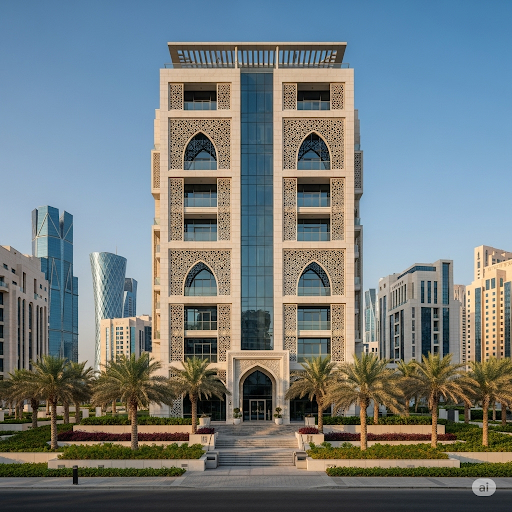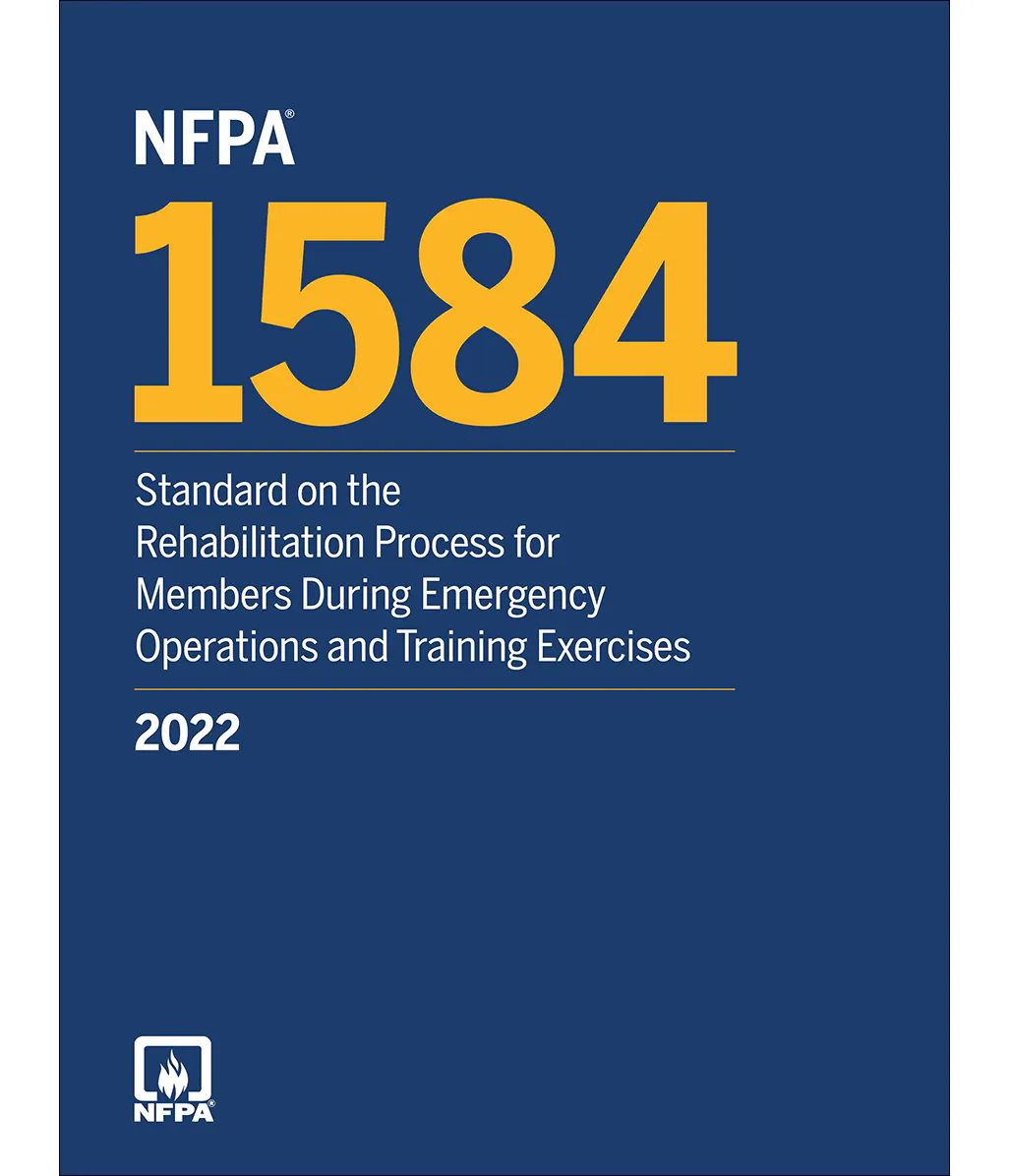How Does Apartment Ownership Differ for Locals and Foreigners in Qatar?

Apartment ownership in Qatar is governed by a clear legal framework that distinguishes between citizens and non-citizens. These distinctions impact where individuals can buy property, what rights they have, and how ownership structures operate. For both locals and foreigners, understanding these differences is essential before investing in real estate in Qatar.
Legal Framework for Property Ownership
Qatar’s property ownership laws were revised in 2004 under Law No. 17 and later expanded under Cabinet Decision No. 28 of 2020. These laws define the zones where foreign nationals are allowed to purchase real estate and outline the ownership rights granted to them.
Qatari citizens can buy and own real estate freely across the country. In contrast, foreign nationals are restricted to specific areas designated by the government. The government allows full ownership or leasehold rights depending on the zone classification.
Full Ownership vs. Leasehold Rights
Locals have access to both freehold and leasehold property rights across all areas. This ownership is perpetual and unrestricted, granting them the right to use, sell, or rent out the property at will.
Foreigners, however, are typically limited to freehold ownership in specific zones or leasehold agreements that grant property usage for up to 99 years. In freehold zones like The Pearl or Lusail, expatriates can own apartments outright. While this gives foreigners a level of security, it is still fundamentally different from the rights afforded to citizens.
Residency Through Property Ownership
Another key distinction is the right to residency. Foreign investors who purchase real estate worth at least QAR 730,000 (approximately USD 200,000) in designated zones are eligible for residency permits. If the investment exceeds QAR 3.65 million (about USD 1 million), they may qualify for permanent residency benefits, which include access to health care and education services.
Locals, of course, do not require real estate investment for residency. For foreigners, property ownership becomes both a residential solution and a pathway to more permanent status in the country.
Financing and Mortgage Access
Financing options for property purchases also vary between locals and foreigners. Qatari citizens have greater access to government-backed housing loans and favorable interest rates. Various local banks provide extensive support to nationals looking to purchase apartments, often with longer repayment periods and minimal interest burdens.
Foreigners, on the other hand, can obtain mortgages from select banks but face stricter eligibility criteria. Down payments are generally higher, and repayment terms are less flexible. Mortgage availability also depends heavily on the zone and type of property being purchased.
Documentation and Procedures
For locals, the documentation process for buying property is relatively straightforward. They can register property through the Ministry of Justice with minimal restrictions.
Foreigners, however, must go through additional regulatory steps. Verification of eligibility based on zone, approval from the Ministry of Justice, and background checks are part of the standard process. The legal documentation must clearly specify whether the ownership is freehold or leasehold and comply with the governing property laws for foreigners.
Investment Opportunities
The difference in ownership rights also influences the type of investment opportunities available. Locals can invest across Qatar’s entire real estate landscape, including in commercial, agricultural, and residential zones.
Foreigners are typically steered toward high-end residential developments, especially in designated investment zones. Areas like Lusail, The Pearl, and West Bay have been designed with expatriate investors in mind. These zones offer luxury apartments, high rental yield potential, and full ownership rights, attracting foreign capital while preserving national control over broader land use.
Foreigners looking into Apartments for Sale in Qatar often find these zones particularly attractive due to their modern infrastructure, international schools, shopping centers, and waterfront views. These properties not only provide quality living but are also seen as sound investment assets.
Government Incentives and Changing Policies
Qatar has been actively working to encourage foreign real estate investment. Recent incentives, including relaxed residency laws and reduced ownership thresholds, signal a long-term strategy to attract capital and talent.
However, the government still maintains a balance by limiting foreign ownership to around 25 zones to preserve national control over land use and urban planning. These policies reflect Qatar’s cautious but welcoming approach to foreign investment, ensuring that while foreigners can participate in the market, the core land and housing resources remain in local hands.
Cultural and Social Considerations
Another factor that shapes apartment ownership differences is the cultural context. Qatari citizens often prioritize land ownership and large family villas over apartments. For many locals, apartments are seen as temporary housing or secondary properties.
In contrast, foreigners—especially working professionals and small families—find apartments to be a practical and affordable choice. As a result, developers tailor apartment projects in designated zones to suit expat lifestyles, with amenities such as gyms, pools, and concierge services.
This divergence influences the design, pricing, and marketing of properties. Developers are aware of the preferences and legal capabilities of each group, shaping the apartment market into a dual system that serves both segments distinctly.
Property Management and Ownership Obligations
Property management expectations also differ. Locals often manage their own properties or delegate to local family networks. Foreign owners usually rely on professional property management services due to time constraints or lack of familiarity with local practices.
This reliance has driven demand for specialized property services in expat-heavy areas. According to industry insights on how property management helps landlords maximize returns in Qatar, professional oversight is key to maintaining rental income and ensuring legal compliance, particularly for foreign investors.
Final Thoughts
Apartment ownership in Qatar is shaped by a dual-structured system that balances national priorities with openness to global investment. For Qatari locals, full and unrestricted access to all property types enables broad investment and development opportunities. Foreigners, while limited to designated areas, enjoy clear legal paths to ownership and growing incentives that make Qatar’s real estate sector increasingly attractive.
Understanding these differences helps both groups navigate the market more effectively. For foreign buyers especially, knowing the legal and procedural framework is essential before committing to an apartment purchase. Whether for living, investing, or gaining residency, apartment ownership in Qatar remains a dynamic opportunity shaped by strategic governance and economic vision.
Categorieën
Read More
カジノ ライブは、オンラインカジノの世界で最も潮流のある概念です。 Apacureは、オンラインカジノの第一人者であり、独自のキャッシュバックシステムを開発して遊雅堂(Yuugado)を立ち上げました。とくに、初心者には、新しいオンラインカジノの世界での挑戦や、独自のゲームが魅力的です。 オンラインカジノの世界での挑戦は、どのようなものか オンラインカジノの世界では、多くの選択肢があります。カジノシークレット(Casino Secret)のように独自のキャッシュバックシステムを持つサイトもあれば、ミスティーノ(Mystino)のように新しいオンラインカジノ、新クイーンカジノ(New Queen Casino)トッププロバイダーによるライブゲームがあるサイトもあります。コインカジノ(Coin...

"Executive Summary Label Printing Machines Market : The label printing machines market is expected to witness market growth at a rate of 4.90% in the forecast period of 2021 to 2028, and is estimated to reach the value of USD 7902.27 million by 2028. The credible Label Printing Machines Market report provides company profiling of key players in the industry, carefully...

Firefighting is one of the most physically demanding and dangerous professions in the world. When crews face extreme heat, toxic smoke, and relentless stress, proper rehabilitation becomes a life-saving priority. That’s where NFPA 1584: Standard on the Rehabilitation Process for Members During Emergency Operations and Training Exercises steps in as an essential safety resource for...

Robotic surgical operation is redefining the future of surgical care. In Guwahati, GI Surgery has emerged as a main healthcare center offering advanced robot-assisted processes, specifically for gastrointestinal situations. Known for its precision, quicker recovery, and minimum discomfort, robotic surgery is now the favored choice for sufferers across Assam. Best Robotic Surgeon in Guwahati...

Executive Summary Industrial Hoses and Fittings Market : Data Bridge Market Research analyzes that the global industrial hoses and fittings market is expected to reach a value of USD 23,774,930.24 thousand by 2030, at a CAGR of 6.2% during the forecast period. The data and information about industry are taken from reliable sources such as websites, annual reports of the...



